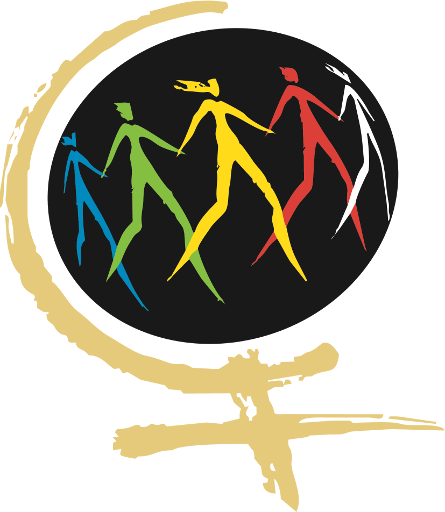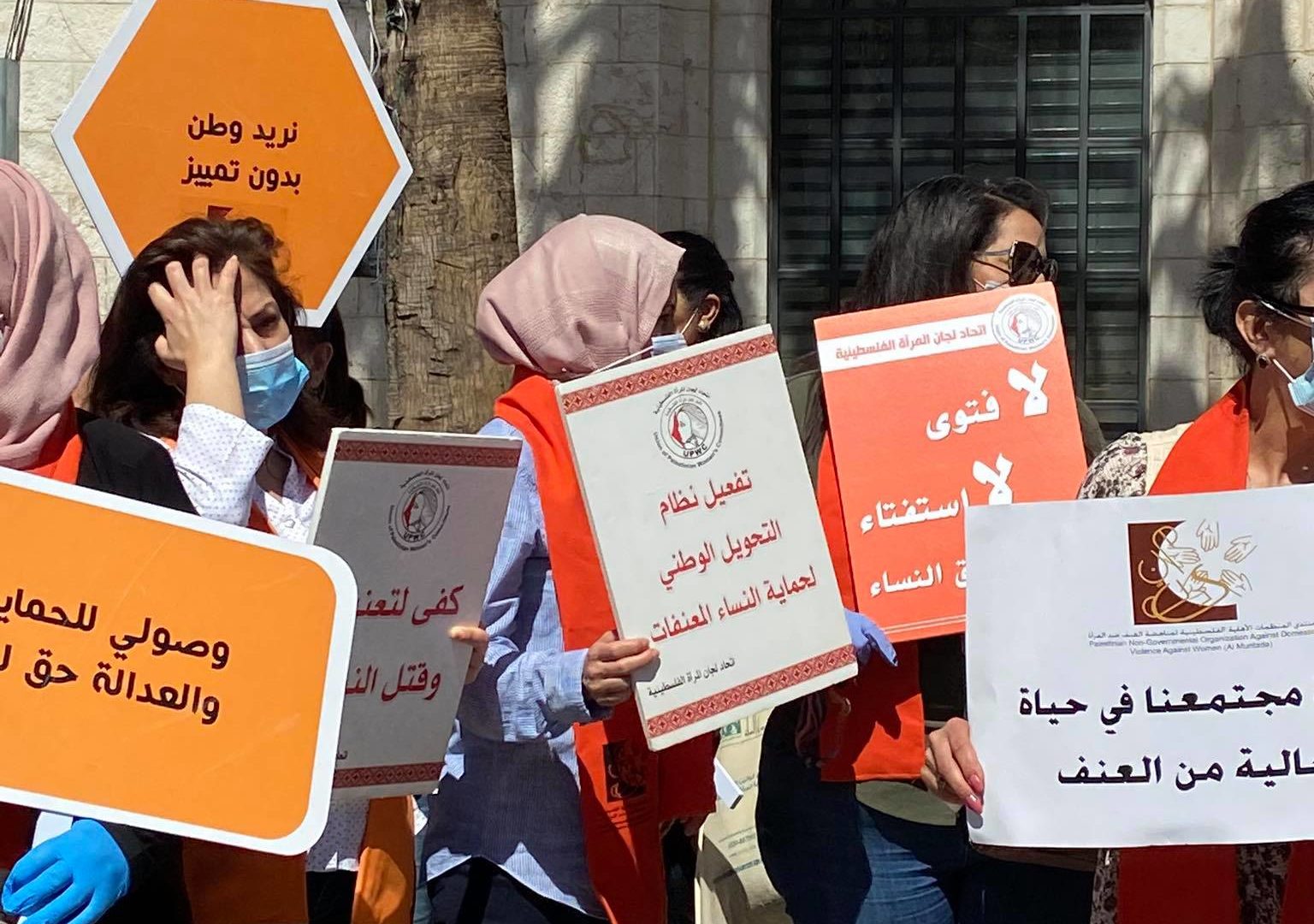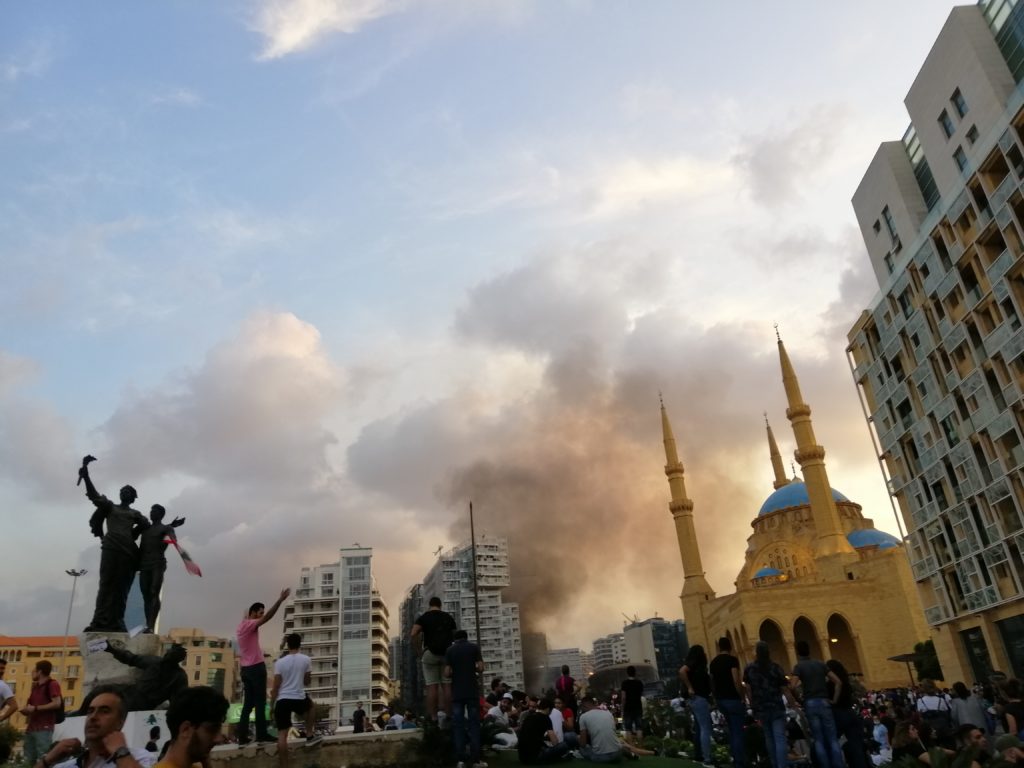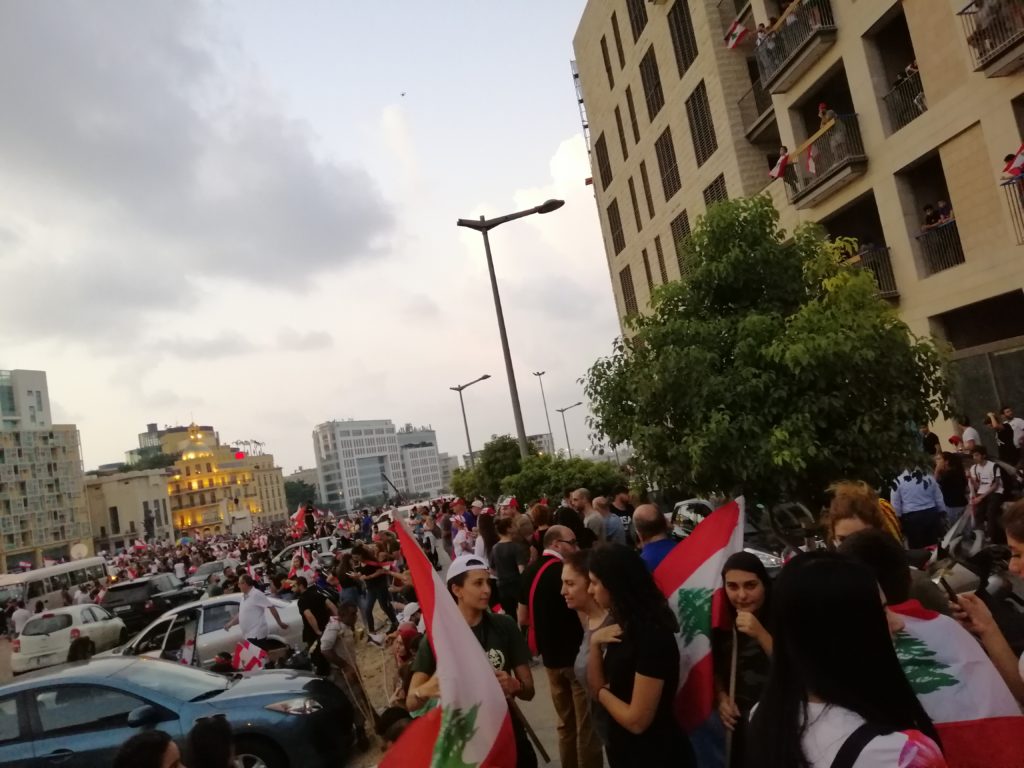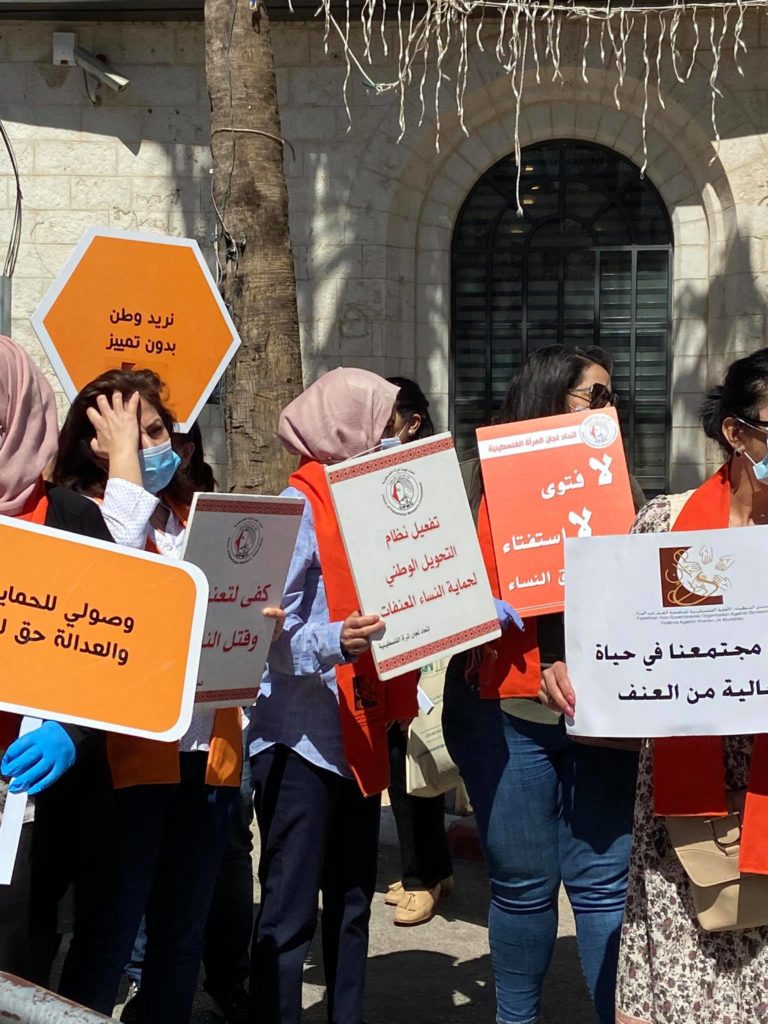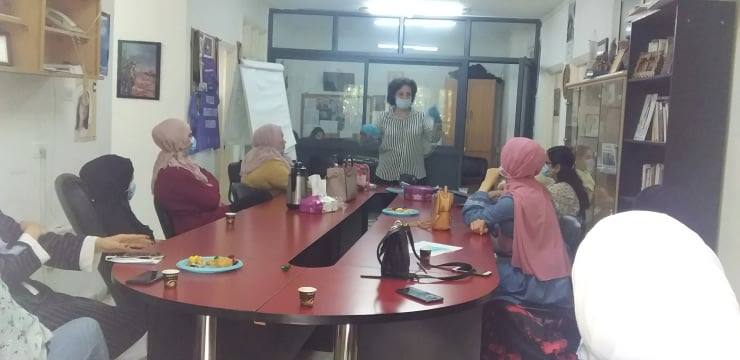Neoliberal authoritarianism does not respect quarantine. And in times of pandemic, the repression of women who resist increases. The comrades of the World March of Women in the Middle East and North Africa (Mena) send us news from Kurdistan, Lebanon and Palestine, territories in which authoritarianism, militarization and economic crises intensified before the spread of the coronavirus. They also send news of the resistance.
In Lebanon, neoliberal policies adopted by governments since the end of the Civil War in 1990 have brought the economy to a collapse. Last year, the population held huge protests against the government, with demands that included changes in economic policy and the repeal of unfair laws against women.
Since then, personal freedoms have been restricted and women’s participation has been penalized. The mainstream media portrays the militants as “street women”, prostitutes. With the arrival of the coronavirus, the government decreed a lock down. After the opening, it began a persecution against women activists, accused of supporting Zionism and tarnishing the country’s image. Participants in religious festivals harass and threaten women, their bodies, their rights – physically and by their speeches.
“One of the features of totalitarianism is the restriction of personal freedoms, including policing women’s bodies and movements. This includes vilifying the political activism of women, launching attacks on women’s bodies on the beaches and linking “nudity” to god’s wrath and thus the economic meltdown and pandemic, and dismissing our demands as western, secondary and superfluous in times of great economic and political unrest”, write our comrades from WMW Lebanon.
Working women bear the greatest burden of the pandemic and economic collapse caused by the coronavirus, without access to food, shelter, medical assistance and being unable to speak out because of oppression. Among them, refugee and migrant workers carry additional charges – including working in the “Kafala” system, where women are held hostage by their contractors, who control their movements and retain their documents. “Palestinian and Syrian refugee women in Lebanon have been deprived of their basic economic rights for years and have faced many forms of exploitation and racism. And at the moment, assistance from international institutions is almost nonexistent.”
Not even clinics escape demolition
In Palestine, women face occupation of the State of Israel and work to strengthen communities and families, especially those headed by women. They work to limit the negative social, economic and psychosocial effects of the pandemic on Palestinian society, but they must daily overcome the difficulties imposed by colonization, the confiscation of their lands, the destruction of health posts built to serve covid-19. In addition, they suffer racism and violence from the Zionist state. Today, there are 4,700 Palestinians in Israeli prisons, 42 of whom are women. Since the start of the pandemic, 2,300 Palestinians, including women and children, have been imprisoned in overcrowded prisons without proper cleaning and medical care.
“The Israeli occupation continues its colonial policies aiming to abolish the Palestinian cause through a series of policies including ethnic cleansing plans, specifically in Jerusalem, daily invasion and arrests, military violations against Palestinians, and the ongoing siege on the Gaza Strip, house demolitions, land and water resources confiscation, diminishing freedom in every aspect of Palestinian lives, and stifling Palestinian organizations and associations to stop their action”, says the report sent by our comrades from WMW Palestina.
Patrols, assaults, evictions and demolitions continue. People evicted from their homes need to take refuge with other family members, pay expensive rent or live in temporary and dangerous shelters in a pandemic situation. Israel’s plans involve the confiscation of 30% of West Bank areas, especially agricultural land and natural resources in the Jordan Valley, which provide agricultural products and water to Palestinians.
Elected representatives and social organisations under attack
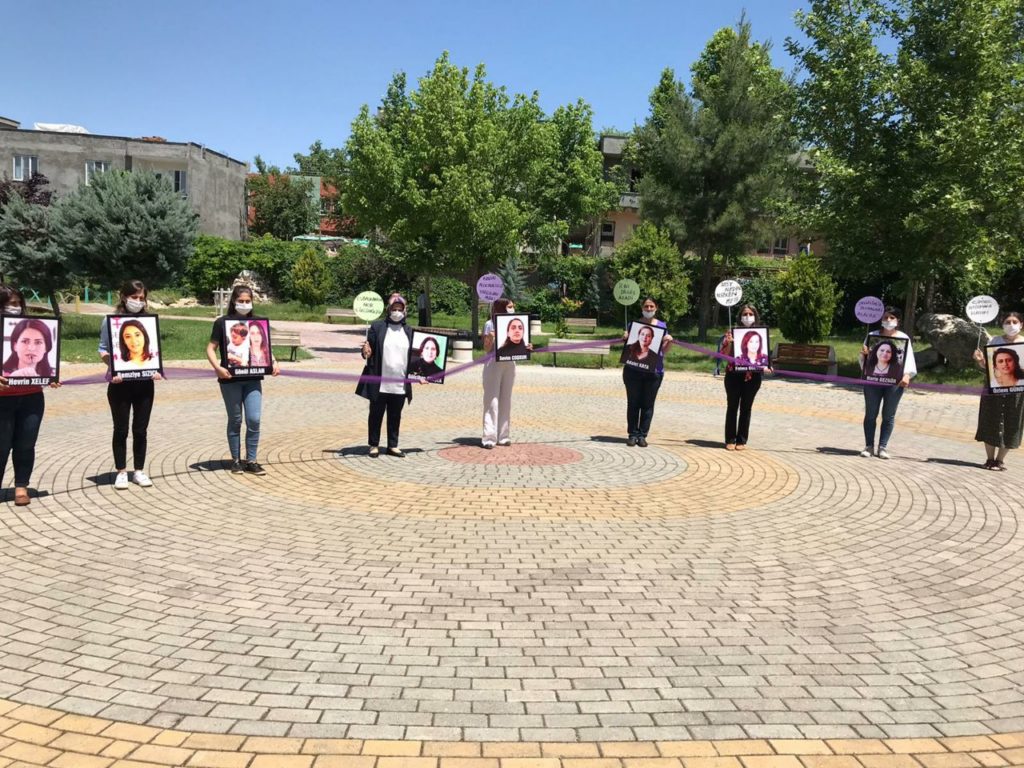
“With war policies that have not been suspended, even in times of a pandemic, the Turkish government is trying to devastate the geography of Kurdistan. It appointed its own representatives in the municipalities, disrespecting popular elections, and revoked the mandate of members of parliament in an attempt to confiscate the power of the popular will in its entirety “, write the comrades of Kurdistan. Like all anti-popular policies, it also precedes the Covid-19 crisis. Since the declaration of a state of emergency in Turkey in 2016, the government has closed dozens of institutions and solidarity centers for women.
The Rosa Women’s Association, which defends rights and combats violence against women, opened in Amed (Diyarbakır) last year. However, in June, activists from the Association and also from Tevgera Jinên Azad (TJA) were arrested. Eighteen women, including World Women’s March activist Gülcihan Şimşek, were sent to prison. In June, participants in the Democratic Society Congress were arrested, including several women, and among them Makbule Erbey and Havva Kıran, both 70 years old. The police broke into activist Rojbin Çetin home and subjected her to physical and sexual violence and torture for three and a half hours. This torture was documented by her lawyers with photographs and made public.
Meanwhile, exploration in production does not stop. In the name of “economic stability”, the production centers continued to operate without any action against the pandemic. Women make up the majority of the workforce and have been forced to work in the worst conditions or forced to take unpaid leave and face threats of dismissal.
Resistance doesn’t stop either. TJA women carry out campaigns such as “The struggle of women is everywhere” to highlight the organized struggle of women in the local political, social, cultural, ecological, health, educational, legal and government spheres against sexist, racist and militarist policies, and the exploitation of religion by the State. They also ran other several campaigns. One of them against the appointment of municipal administrators by the State, in defense of a democratic and egalitarian system based on the perspective of women. Also ran the campaigns “The massacre of women is political” and “Where is Gülistan Doku”, which disappeared on January 5, 2020. With women from other territories in the Middle East and North Africa (Mena) region, they carry out the campaign “Solidarity keeps us alive”, for the release of all political prisoners, especially political women.
We resist to live, we march to transform!
Liaison Newsletter – July 2020
